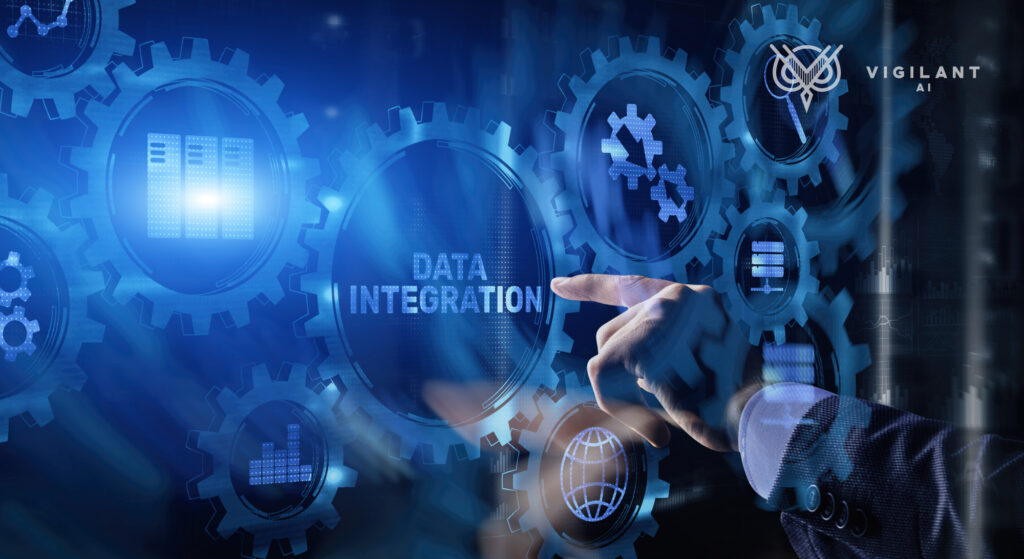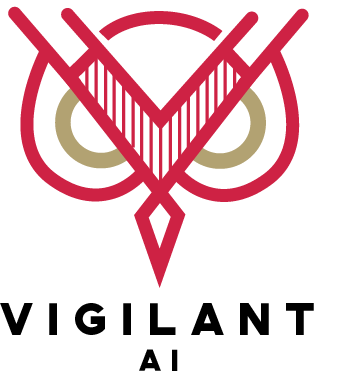Without the help of an intelligent data management platform, audit firms of all sizes have embraced technology to improve performance and deliver higher-quality audits to clients.
However, looking across the industry, it’s clear that many firms are struggling under the weight of complex and poorly integrated software stacks. With so many different tools and vendors to choose from, firms are left with a myriad of point solutions that may or may not communicate with each other.
As the volume of data continues to grow, audit firms will need to take a wider and more holistic view of their software stacks. And with the rise of automation and artificial intelligence (AI), the need for a consistent and intelligent approach to data management will become even more important.
This article will show how an intelligent data management platform can serve as the foundation of a better and more integrated audit software stack.
How Audit Technology Became So Complex
Auditors perform a wide range of tasks during an audit, and there are countless software solutions available for each specific function.
For example, an audit firm might use Suralink to exchange financial data with their clients. Then they would employ Caseware for as their their working paper solution, Mindbridge for data analytics, and Excel with a variety of plug-ins to perform audit testing.. This means that auditors and their clients upload documents to cloud storage providers, download files to their desktops to perform analysis, and then transfer data back and forth using Excel between various SaaS platforms to test the data and complete the audit.
While this best-of-breed approach can, if set up correctly, can offer some minor efficiencies, the reality is that most audit firms software stacks are currently a jumbled mess of legacy platforms, bolt-on tools and workarounds without any consideration towards overall audit efficiency, and client data security.
The Need for Seamless Data Integration: Intelligent Data Management Platform
At the heart of the challenge for auditors is the lack of proper integration between their software stacks.
Each desktop and/or SaaS tool in use today has its own data architecture, protocols, and interfaces. Inconsistent and often incompatible data formats further hinder interoperability, making consolidation difficult and expensive. Data synchronization must be constantly maintained, while the data must undergo regular cleansing and validation to mitigate the risk of errors, omissions, or other issues that can affect audit quality.
As a result of these inconsistencies, auditors often resort to the lowest common denominator – Excel spreadsheets – to perform testing and to move data back and forth between systems. This highly manual process eliminates many of the promised savings and benefits that SaaS software offered in the first place.
Download Blueprint for a Modern Technology Stack
Preparing for the Future of Automation and AI
Data integration issues also impact the audit firm’s ability to adopt emerging automation and AI technologies that will be vital to the auditor of the future.
A recent report found that a full 60 percent of accountants are looking to automate routine and repetitive tasks such as data entry, reconciliation, and transaction testing to reduce labour and free up time for higher-value work. Effectively implementing these automation solutions requires robust integration and the coordination of accurate and complete datasets from multiple sources.
Further, KPMG showed that clients now expect external auditors to take full advantage of AI technologies to improve the accuracy of audits, develop a proactive and continuous process, and deliver better insights into financial data.
To be effective, AI and large language models (LLMs) require large, consistent, and standardized datasets for training. Inconsistencies across systems can lead to biased or inaccurate models that negatively impact the reliability of AI predictions. Similarly, AI systems depend on fully contextualized data. A lack of integration can strip data of its context, reducing the effectiveness of AI-driven insights and decisions.
Building the Foundation of a Better Technology Stack
Going forward, auditors must take a more holistic and comprehensive approach to their software stack.
An underlying intelligent data management platform allows audit firms to move away from the current house of cards and build a solid foundation that unifies their audit software infrastructure.
A fully contextualized data lake streamlines data integration and provides a single source of truth for all financial and business process data. Open and accessible APIs can then be used by any of the major software vendors to help audit firms architect a coherent data-driven approach that values centralized client data security and prevents sensitive financial data from being duplicated and spread across 4-5 different SaaS systems and auditor desktops.



Recent Comments